|
I first heard about the strike at Stop & Shop a couple of days ago. To be honest, the impact of how it was going to affect me didn't really hit me until I was putting my grocery list together for the upcoming week. Strawberries Spinach Peppers Potatoes Leeks Oat Milk Pizza Dough Applesauce... As I put together my list I was able to picture exactly which aisles I would need to travel down to find what I was looking for. That's the benefit of having a local store. It's comfortable, it's always there for you, and it feels like home. Even seeing the familiar face of an employee makes your day just that little bit better. Sometimes they even become your friend and are always available to chat and catch up on each other's families (Hi Belinda!). But we have to remember that sometimes our local and friendly grocery store is part of a larger corporation and as we know, corporations aren't without problems. The purpose of corporations is to make money and to increase the net worth of their shareholders. Even the managing director can be sued by the shareholders if they think the director(s) haven't acted in their company's best interest. The power of the corporation seems to be boundless. They hold all of the rights of the citizens, but they bear non of the citizenship's obligations. Robert Hinkley goes on to explain that this may make them strong citizens, but it does not necessarily make them good citizens. Corporations can only operate with the support of the people that work for them. Employees have to do what the managers say, managers have to do what the directors says, directors have to do what the officers says, the officers have to do what the board of directors says, and the board of directors have to do what the stakeholders and shareholders says. But what happens when a cog in the wheel stops? What happens when someone says "No" and when they become transformative citizens? The system stops functioning. I decided to visit my local Framingham Stop & Shop to talk to the employees that were on strike. I spoke with Stop & Shop employee, Celine Blaisdell, who was leading the group. Click on the link below to hear the full interview:
I asked Celine to talk about why the employees were on strike and what they are trying to achieve. Blaisdell went on to say that they were striking to fight to maintain their benefits, mostly their healthcare, their pensions, and their vacations. They are also looking for a reasonable and yet modest pay raise. Ahold Delhaize, the parent company of Stop & Shop, reported good earnings last year but still plans on cutting back on healthcare benefits, according to Blaisdell who also explained, "We are the reason they are so successful." I asked Blaisdell what they are looking for customers to do while the strike was ongoing. She replied that they are looking for customers not to shop at Stop & Shop and not to shop at Hannafords (they are part of Ahold Delhaize) until the workers are able to get a fair contract. What else can we do as customers and consumers, other than not shop at Stop & Shop? I say let's push corporations, the government and fellow citizens to seriously consider Robert Hinkley's "Code for Corporate Citizenship" so we that we create a society who's foundation is just and equitable. Code for Corporate Citizenship
Like I first mentioned, I didn't truly feel the impact of the Stop & Shop strike until I was putting together my grocery list. But why was that? Why did I have to wait until it impacted me to care? This situation has taught me that I need to extend my circle of compassion a little bit more. I'm going to try to do a better job at lending my support to those that need it, without waiting to consider "what's in it for me." So until the Stop & Shop employees receive fair wages and benefits, our family will need to find a new grocery store to go to. However, I do look forward to the day where I can go back to my local Framingham Stop & Shop where it feels like home and where I'm surrounded by family. Keep up the good fight! Abby Banks, J. A. (2008). Diversity,Group Identity, and Citizenship Education in a Global Age. Educational Researcher, 37(3), 129-139. doi:10.3102/0013189X08317501
Hinkley, R. C. (2011). Time to change corporations: Closing the citizenship gap.
2 Comments
Super Bowl Sunday. For over 100 million people, it's a day filled with food, football and watching those highly anticipated commercials (Otterson & Otterson, 2018). For a cool $5.25 million, you too could have a 30-second slot on CBS to hock your product (Bruton, 2019). With that amount of money, I can only imagine the meetings that take place to ensure their company gets the greatest bang for their buck. But what happens when companies change their strategy? More and more people are becoming aware of the hold advertisements have on us. We can see through their manipulation, so much so, that it's causing advertisers to come up with a new game plan. And that new game plan is to show that they are socially conscious. So what do people need right now? Hope, acceptance and goodness. And this is exactly how companies are changing their message. Here are a couple of examples: (Always, "Always #LikeAGirl - Super Bowl XLIX", 2015) (84 Lumber, "84 Lumber Super Bowl Commercial - The Entire Journey", 2017) When a company is socially aware and wants to help save the world, doesn't it make you want to go out and save the world with them? And because you believe in their message, you're going to want to buy their product. A truck load of wood from 84 Lumber? Yes, please! Just drop it right over there next to the boxes of Always pads, please. Yay me for being a conscious consumer! But is there any danger in this? It seems harmless, right? Well, we have to remember that under capitalism, the system is set up to reward profit. This makes it vital that we all do our due diligence to research the companies we support. Are they really aligning their actions with their message? We have to ask the following questions: How does this product or service impact the environment? How does this product or service impact people? Does this product or service help or hurt animal protection efforts? Let's take a look at this "feel good" commercial and see what we can uncover. (Jones, "Toll House | Bake the World a Better Place", 2017) This Nestlé Toll House commercial wants to "Bake the World a Better Place." Yes! We can all do that! Get me to the store so I can pick up a pack of the pre-cut Nestlé Toll House cookie dough packs and we'll be well on our way to save the leopards. Before we hope in the car, let's stop and think about those three questions that I just mentioned: How does this product or service impact the environment? How does this product or service impact people? Does this product or service help or hurt animal protection efforts? When doing more research into Nestlé here is what I found: Well, their website sure makes it look like they are an Eco-minded, sustainable, people-centered company. Great! Get my car keys! Not so fast. Our research shouldn't stop there. We should never take the company's word for it. And you'll see why. Out of the world's entire water supply only 3% of Earth's water is fresh water. 97% of the water on this planet is undrinkable. However, out of the 3% we can drink, much of it is polluted and beyond human use (Bozzo, 2013). So what is the connection with Nestlé (Nestlé Toll House's parent)? We all know what is STILL happening in Flint, Michigan with the water crisis. But did you know that a Nestlé has a bottling facility located just 2 hours a way? According to an article by The Guardian, "Despite having endured lead-laden tap water for years, Flint pays some of the highest water rates in the US. Several residents cited bills upwards of $200 per month for tap water they refuse to touch. But just two hours away, in the tiny town of Evart, creeks lined by wildflowers run with clear water. The town is so small, the fairground, McDonald’s, high school and church are all within a block. But in a town of only 1,503 people, there are a dozen wells pumping water from the underground aquifer. This is where the beverage giant Nestlé pumps almost 100,000 times what an average Michigan resident uses into plastic bottles that are sold all over the midwest for around $1. To use this natural resource, Nestlé pays $200 per year. Now, Nestlé wants more Michigan water. In a recent permit application, the company asked to pump 210m gallons per year from Evart, a 60% increase, and for no more than it pays today...the company pays nothing for the 150 gallons per minute it already pumps from the ground in central Michigan. The $200 per year is just an administration fee." To sum it up, Nestlé is paying virtually nothing for the water that they take from Michigan, selling it back to the community for over $1 a bottle while the residents in some areas (especially Flint) have some of the highest water bills. Roughly half of all residents in Flint are in poverty, the highest poverty rate in the United States (Adams, 2017). This is a human rights AND environmental issue, people! I won't even go into the waste and pollution that is caused by the plastic bottled beverages that is produced by Nestlé. Moving on and back to buying cookies to save the leopards. There are many issues with this one but I'll touch on just two. Those chocolate chips in your cookie, may not be as wholesome as you think they are. Ghana and the Ivory Coast in West Africa provide 60% of the world’s cocoa. Several thousands of young children, some reported as young as 5 years old, go missing every year where they are forced to work on cocoa plantations. They are given machetes to harvest the cocoa pods and carry large sacks on their backs all day long. Children sustain many injuries and are often beaten if they are not able to keep up. They live in horrific spaces and do not have access to adequate meals (BBC One, 2011). Hershey’s, Mars, and Nestlé are just a sample of companies that source their cocoa from this part of Africa (Food Empowerment Project, "Child Labor and Slavery in the Chocolate Industry"). While Nestlé is working towards their own Cocoa Plan to combat child labor and trafficking, we can applaud their efforts but we must keep scrutinizing them to ensure that they keep up their end of the bargain. Tip: If you are at the store and thinking about what chocolate to buy, please consider purchasing Certified Fair Trade chocolate. Here is a great website that lists what chocolates you should be looking for: http://www.foodispower.org/chocolate-list/ Lastly, one of the major reasons that the leopards and so many other animals are becoming endangered is due to deforestation. What is causing deforestation? Animal agriculture and also the sourcing of palm fruit for the production of palm oil. Animal agriculture uses 30 percent of the earth’s entire land surface. It is the largest driver of deforestation in every Amazon country, accounting for 80 percent of current deforestation rates. An acre or more of rainforest is destroyed every second largely due to clearing the land to graze animals and grow their feed (Matthews, 2006). P.S If everyone went plant-based, global land use for farming would drop 75 percent (Poore & Nemecek, 2018). Let's look at the ingredients in Nestlé Toll House Cookie Dough to see what's inside. Highlighted are the animal and palm products (not including the potential animal products in the "natural flavoring": ENRICHED WHEAT FLOUR (WHEAT FLOUR, NIACIN, REDUCED IRON, THIAMINE MONONITRATE, RIBOFLAVIN, FOLIC ACID) , SUGAR, NESTLÉ® TOLL HOUSE® SEMI -SWEET CHOCOLATE MORSELS (SUGAR, CHOCOLATE, MILKFAT, COCOA BUTTER, SOY LECITHIN, NATURAL FLAVORS), SHORTENING (PALM OIL, HIGH OLEIC CANOLA OIL, BETA CAROTENE [COLOR] ) , WATER, 2% OR LESS OF EGGS, MOLASSES, SALT, BAKING SODA (CONTAINS SOY LECITHIN) , NATURAL FLAVOR, VANILLA EXTRACT. (Nestlé, "NESTLÉ® TOLL HOUSE® Refrigerated Chocolate Chip Cookie Bar Dough") So there we have it. That package of Nestlé Toll House Cookies is not going to save the leopards and may actually harm them instead. (And I doubt that any of the profits will go towards their conservation). Are we prepared for these emotionally engaging commercials that are ready to pull at our heart strings making us think that if only we buy their product, we too can be changemakers? These companies just got savvy and they may have a lot of power behind them...but what we have are the facts. Let's use them like armor to fend off misinformation! We all have blind spots when it comes to advertising… What are yours? What are mine? Sincerely, Abby References 84 Lumber. (2017, February 05). 84 Lumber Super Bowl Commercial - The Entire Journey. Retrieved January 27, 2019, from https://www.youtube.com/watch?v=nPo2B-vjZ28
Adams, D. (2017, September 21). Here's how Flint went from boom town to nation's highest poverty rate. Retrieved February 3, 2019, from https://www.mlive.com/news/flint/index.ssf/2017/09/heres_how_flint_went_from_boom.html Always. (2015, January 29). Always #LikeAGirl - Super Bowl XLIX. Retrieved February 3, 2019, from https://www.youtube.com/watch?time_continue=2&v=yIxA3o84syY BBC One. (2011, February 02). Chocolate The Bitter Truth 1 of 5 Child Trafficking BBC Panorama Investigation. Retrieved September 25, 2018, from https://www.youtube.com/watch?v=LD85fPzLUjo Bozzo, S. (2013, March 08). Blue Gold World Water Wars. Retrieved June 15, 2018, from https://www.youtube.com/watch?v=megBMpB33jE Bruton, M. (2019, February 03). Super Bowl Ads 2019: Latest Info on Cost of 2019 Super Bowl Commercials. Retrieved February 3, 2019, from https://bleacherreport.com/articles/2818943-super-bowl-ads-2019-latest-info-on-cost-of-2019-super-bowl-commercials Food Empowerment Project. (n.d.). Child Labor and Slavery in the Chocolate Industry. Retrieved November 13, 2018, from http://www.foodispower.org/slavery-chocolate/ Jones, B. L. (2017, June 15). Toll House | Bake the World a Better Place. Retrieved February 3, 2019, from https://www.youtube.com/watch?v=nFi_6yMCRos Matthews, C. (2006, November 29). Livestock a major threat to environment. Retrieved July 16, 2018, from http://www.fao.org/newsroom/en/news/2006/1000448/index.html Poore, J., & Nemecek, T. (2018, June 01). Reducing food's environmental impacts through producers and consumers. Retrieved July 17, 2018, from http://science.sciencemag.org/content/360/6392/987/tab-pdf Nestle. (n.d.). Environment. Retrieved February 3, 2019, from https://www.nestle.com/ask-nestle/environment Nestle. (n.d.). Human Rights. Retrieved February 3, 2019, from https://www.nestle.com/ask-nestle/human-rights Nestle. (n.d.). NESTLÉ® TOLL HOUSE® Refrigerated Chocolate Chip Cookie Bar Dough. Retrieved February 3, 2019, from https://www.verybestbaking.com/products/10127/tollhouse/nestle-toll-house-refrigerated-chocolate-chip-cookie-bar-dough/ Otterson, J., & Otterson, J. (2018, February 05). TV Ratings: Super Bowl LII Slips 7% From 2017 to 103.4 Million Viewers. Retrieved February 3, 2019, from https://variety.com/2018/tv/news/super-bowl-lii-ratings-1202687239/ Inspired by the book, "Half the Sky", I am moved to be a voice for women everywhere. Through education, a shift in cultures and attitudes, and the opening of hearts and minds, we can stop gender discrimination. Gender discrimination is tied to: Domestic Abuse Slavery Rape Sexism Discrimination Misogyny Child Brides Maternal Death Bride Burning Genital Mutilation Sexual Violence With 3.7 billion women on this planet, we will not be stopped. Let the world feel our strength. Hear my passionate plea by viewing the video below. Music by Artificial Memory, "Soleil (Remaster)": https://soundcloud.com/artificialmemory
Feel free to download this resource I created to help get you started on how you can support women globally. Sending much love and kindness,
Abby
After a recent interview with the Boston Center for Refugee Health & Human Rights for my human rights class, I learned that this wonderful organization is in desperate need of the following:
Jackets Boots Blankets Diapers Baby Wipes Shampoo/Conditioner Soap Sanitary Napkins/Pads Scarves Hats Gloves Tea Individual Wrapped Snacks For The Waiting Room (Energy Bars, Peanut Butter Crackers, Etc.) If you have the opportunity to donate please do so or if you live in the Metrowest area I will be doing a collection and bringing it into Boston. You can message me directly if you would like to drop off donations directly to my home. The Boston Center for Refugee Health and Human Right's mission is to provide holistic health care coordinated with social services and legal aid for asylum seekers, refugees, survivors of torture, and their families. They also train professionals to serve this population, conduct research to understand and implement best-practices, and promote health and human rights, locally and globally, to improve the quality of life for survivors of torture and their communities. ​ Thank you! Abby
The New Jim Crow by Michelle Alexander was one of the most eyeopening books that I have ever read. Please, consider reading it. It will change everything you thought you new about racism and discrimination in the United States today.
I look forward to sharing my thoughts soon!
|
BlogArchives
December 2019
Categories
All
|
||||||||
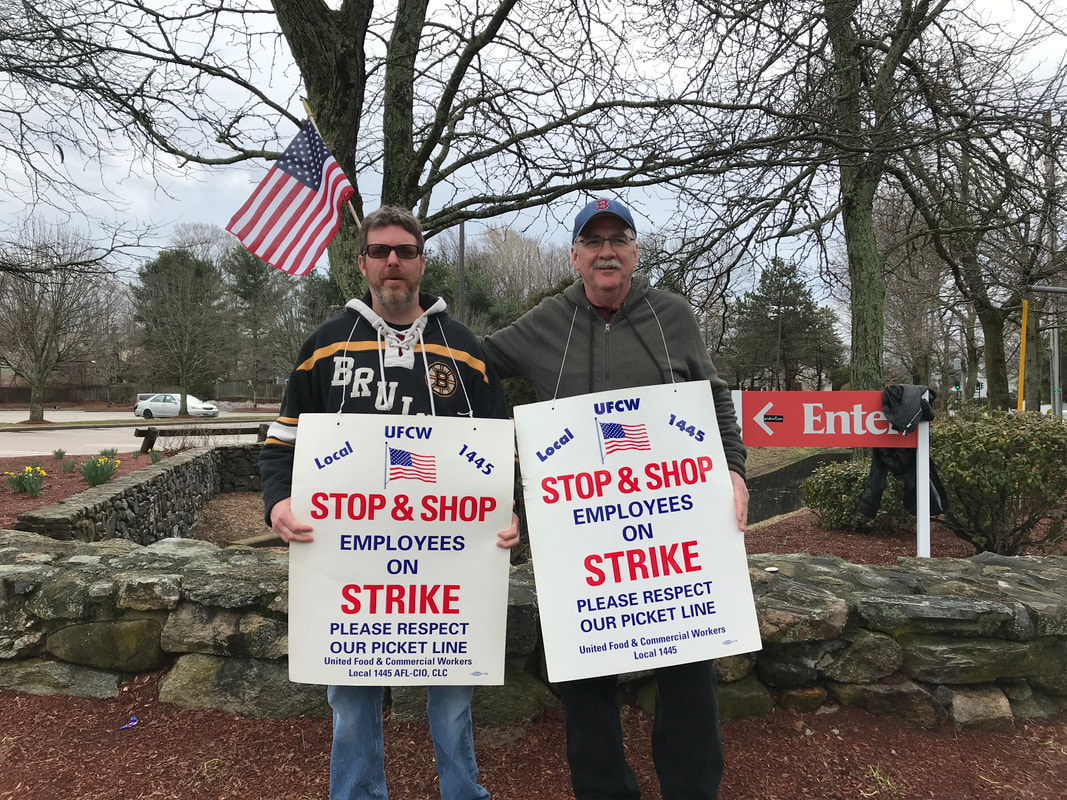
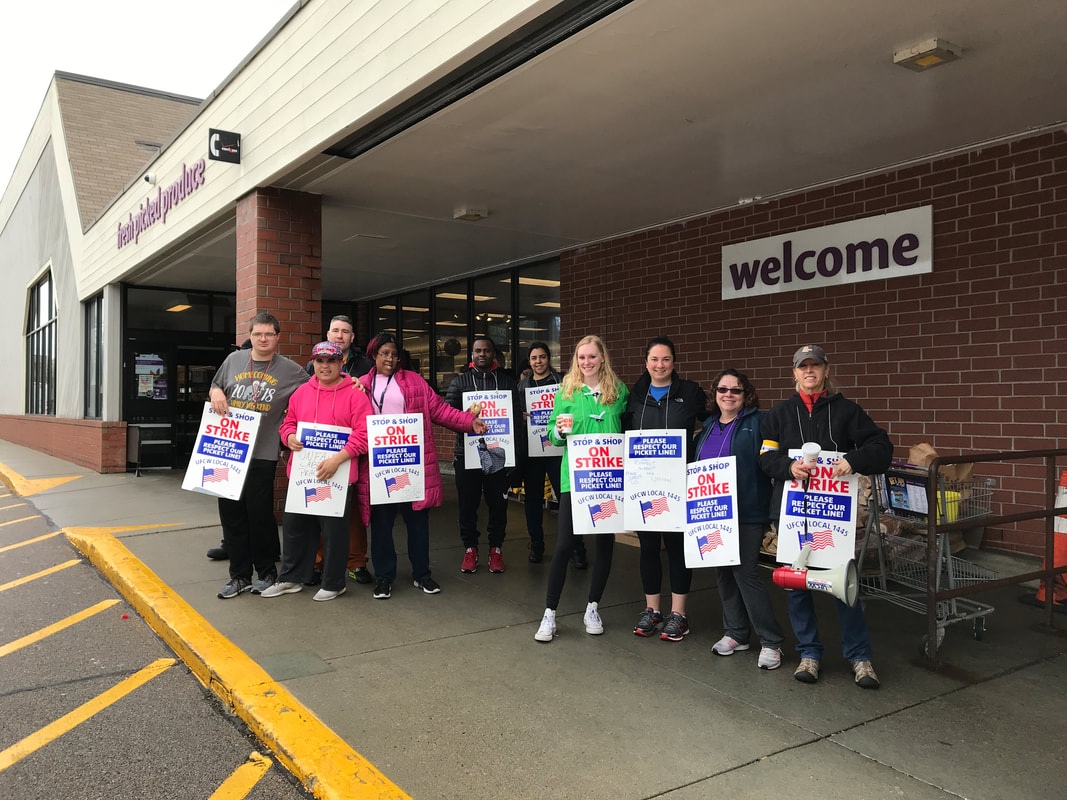
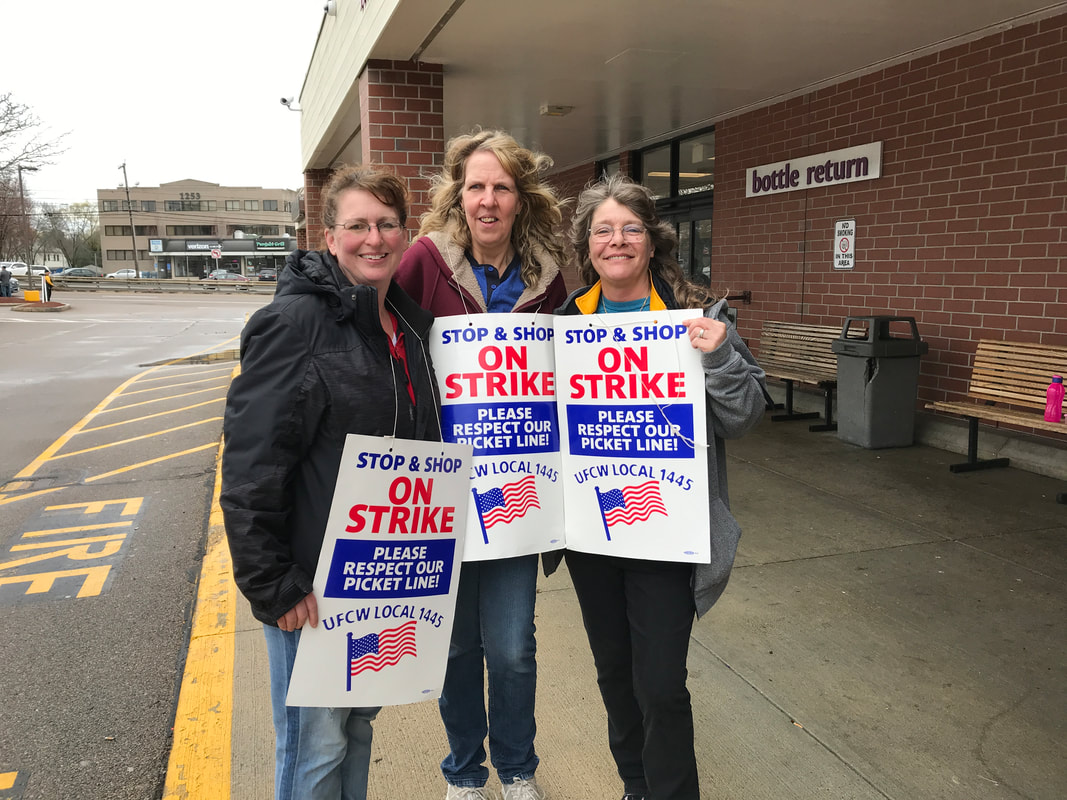
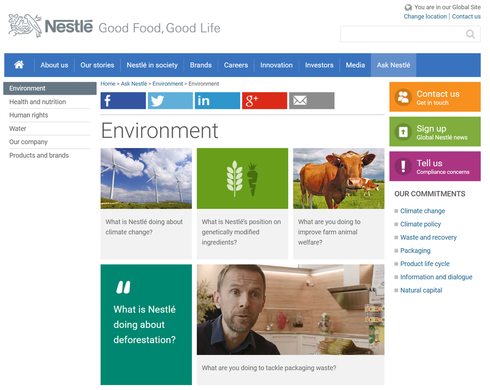
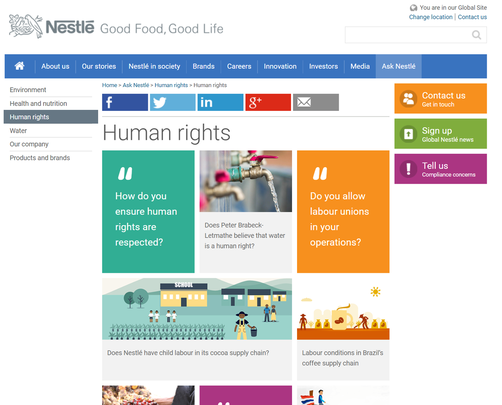
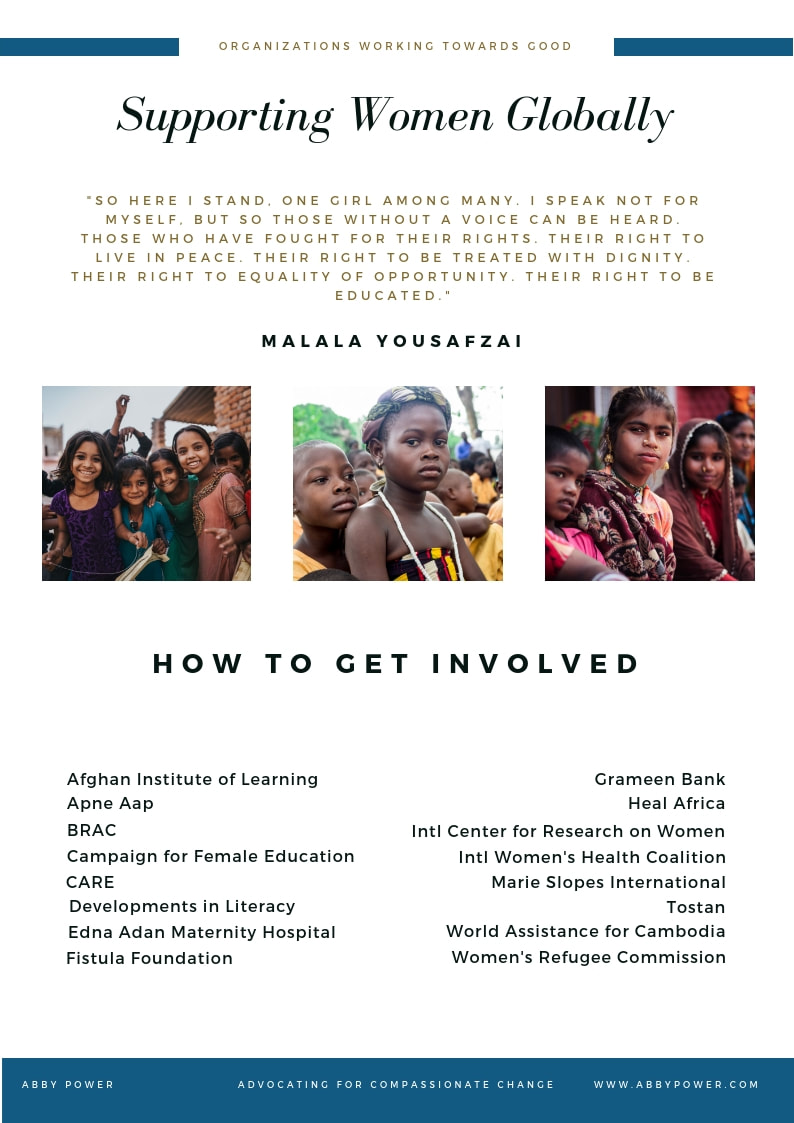
 RSS Feed
RSS Feed
